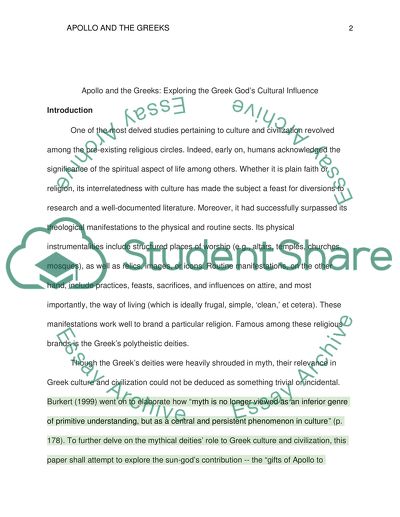Cite this document
(“The Greek Gods Cultural Influence Research Paper”, n.d.)
Retrieved from https://studentshare.org/sociology/1443394-apollo-the-greek-god
Retrieved from https://studentshare.org/sociology/1443394-apollo-the-greek-god
(The Greek Gods Cultural Influence Research Paper)
https://studentshare.org/sociology/1443394-apollo-the-greek-god.
https://studentshare.org/sociology/1443394-apollo-the-greek-god.
“The Greek Gods Cultural Influence Research Paper”, n.d. https://studentshare.org/sociology/1443394-apollo-the-greek-god.


